
Compassionate, Quality Healthcare for Everyone
Our
Mission
Comprehensive, quality healthcare
How we
do it
We break down barriers that get
in the way of good health
Our commitment
to you
Quality care with compassion
and respect
The end
result
You live your healthiest
life possible
Our community’s best
health is our mission
At River Valley Health, we’re on a mission to build health and bridge gaps by providing comprehensive, quality healthcare. Every member of our community, regardless of their background or circumstances, should have the opportunity to live the healthiest life possible. We break down barriers that get in the way of good health, making sure that every patient is treated with compassion and respect while getting the quality care they need.
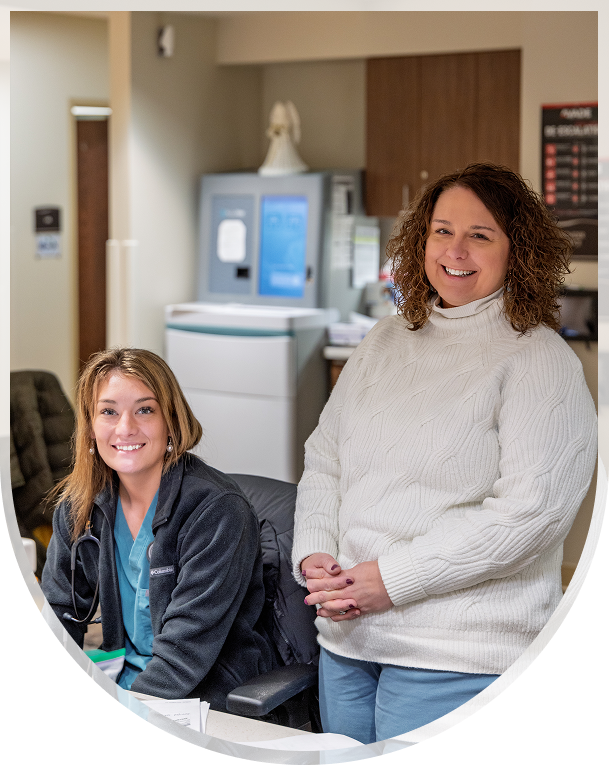

Primary Care

Dental Care
Behavioral Health

Pediatric Care
Reproductive Care

Podiatry
Express Care

Chiropractic Care
Pharmacy

Primary Care

Pediatric Care
Express Care

Dental Care
Women's Health

Chiropractic Care
Behavioral Health

Podiatry
Pharmacy
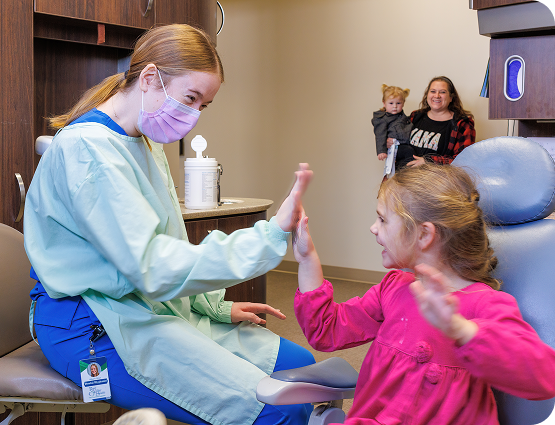
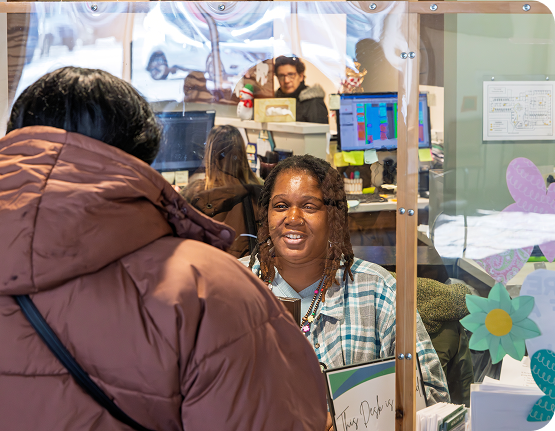
What is an FQHC?
River Valley Health is a Federally Qualified Health Center, a nonprofit community-based health organization. An FQHC provides comprehensive primary health care, dental care, and mental health services to individuals of all ages. Also known as Community Health Centers, FQHCs use a sliding fee scale program to ensure that every person has access to care, regardless of their ability to pay.
Your skills can change lives -
Career opportunities available now
Career opportunities available now
Are you ready to take the next step in your career? River Valley Health is committed to providing the best care possible to its community members. Its state-of-the-art facilities and equipment, highly qualified staff, and commitment to affordability are some of the standout features that make us not only an excellent healthcare provider, but also a great place to work.
Healthcare
that’s focused on you
A Patient Centered Medical Home (PCMH) is a healthcare approach that focuses on you, the patient. As a recognized PCMH, River Valley Health providers, nurses, and other healthcare professionals work together as a team to provide you the best care possible. Taking time to understand what you need and prefer, they make sure you have access to safe, quality care that helps you reach your health goals.
We provide care that is
Team Based
You can connect with your primary care provider and clinical team, who work together to provide the best care based on your individual circumstances and conditions.
Patient Centered
With round-the-clock access to clinical advice, same-day appointments, extended hours, and a dedicated team committed to your care, your wellbeing is at the heart of every decision made.
Tailored to your needs
Care management support helps you to manage your conditions, navigate the healthcare system, and develop effective treatment plans.
Always looking for ways to improve
We continuously look for ways to provide higher quality care through personalized treatment plans and better communication with your healthcare team.
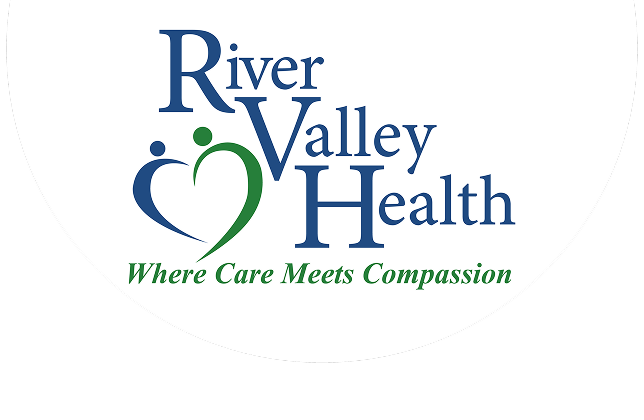
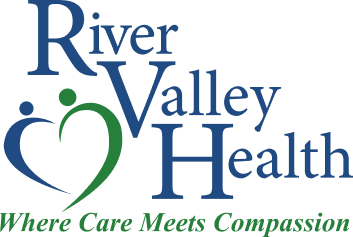
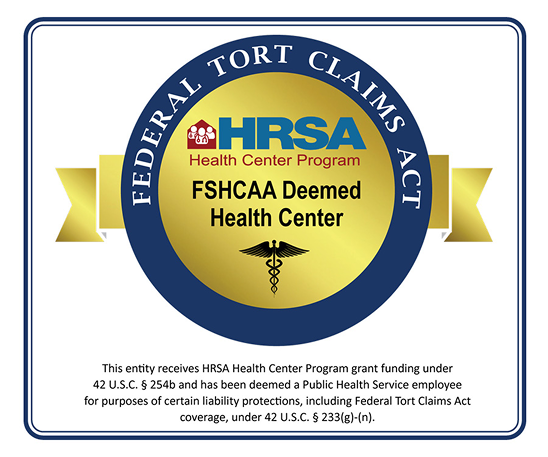
Have you needed Women's Health services and are unsure where to go?River Valley Health offers specialized women's health services at both our Williamsport and Lock Haven locations. Whether you need routine care, consultations, or other women's health services, we're here to support you. The best part? You don’t need to be an established patient with us to schedule an appointment! Prioritize your health by calling us at (570)567-5400 to schedule your appointment today. Your well-being is our priority! 🩷🩷🩷 ... See MoreSee Less
0 CommentsComment on Facebook
River Valley Healths offers more than just primary care services in Lock Haven! In addition to scheduled appointments, we provide convenient walk-in access for those unexpected health needs. Whether it's a fever, rash, sprain, or you just need a quick physical, we’re here to help you get back on your feet without the long wait. Swing by today and experience fast, friendly care for life's little mishaps. Your health is our priority, and we’re committed to providing you with the best care possible. See you soon at River Valley Health, Lock Haven, located at 124 East Walnut Street, Suite 2 in Lock Haven. 💙 ... See MoreSee Less
1 CommentsComment on Facebook
The River Valley Health team came together to host a successful hygiene donation drive in support of Friendship House! Thanks to the generous contributions from our dedicated staff, we have collected nearly 140 essential items to help the children they serve. This initiative is a testament to the compassionate spirit and commitment of our team towards making a positive impact in our community. 💙💚 ... See MoreSee Less
1 CommentsComment on Facebook
Did you know that River Valley Health touches the lives of over 17,000 patients each year? Did you know we strive to ensure access to healthcare is available to everyone?We're dedicated to providing quality, compassionate healthcare, and we want to share that with even more people in our community. Here's where YOU come in. 💙Like this post💚Comment about what you love about River Valley Health💙Share this post with your friends💚Encourage your friends to follow our page Tell them by following the River Valley Health page, they can stay updated on health information, community events, and the many ways we're here to support our patients and their loved ones.Help us reach 2,000 followers! Help us spread the word‼ ... See MoreSee Less
0 CommentsComment on Facebook
River Valley Health is accepting new primary care patients at both the Williamsport and Lock Haven locations! Whether you’re looking for a new healthcare provider or need specialized care, our dedicated team is here to support your health and wellness journey.📍 Williamsport Location: 471 Hepburn Street, Williamsport📍 Lock Haven Location: 124 East Walnut Street, Suite 2, Lock HavenOur dedicated staff is committed to providing compassionate care, ensuring you and your family receive the best possible treatment. Call to schedule your appointment today and experience the difference with River Valley Health!For more information or to book an appointment, please call us at (570) 567-5400 or visit our website www.rivervalleyhealthpa.org💙💚 ... See MoreSee Less
0 CommentsComment on Facebook
... See MoreSee Less
0 CommentsComment on Facebook
River Valley Health extends our deepest gratitude to three remarkable individuals who have recently completed their time as members of our Board of Directors. Their dedication and commitment have been invaluable to our mission, and we are so grateful for their service.✨ Jean Myers, who joined us in 2018, has been a pillar of strength and leadership. From her early days on the Personnel & Nominating Committee to her impactful roles as Vice-Chair and Board Chair, Jean's vision and dedication have truly shaped our journey.✨ Dr. Ralph Kaiser, our esteemed Board Treasurer, brought his expertise to the QA/QI and Executive/Finance Committees since 2020. His insights and financial stewardship have been critical in guiding us through these years.✨ Kim Wetherhold, who began her journey with us in 2018, has been a driving force on the Executive/Finance Committee and as Board Chair. Her leadership on the Public Relations/Marketing and Fundraising Committees have left a lasting legacy.As we bid farewell to these wonderful leaders, we are thrilled to welcome our newest board members, Sere Altebrando, Betsy Frankel, and Siri Matos, who officially begin their terms today. We are excited for the fresh perspectives and ideas they will bring to our organization.Thank you, Jean, Ralph, and Kim, for your unwavering commitment and service. Here's to a bright future ahead!(Pictured are Dr. Ralph Kaiser and Kim Wetherhold with Board Chair, Barb Vanaskie and River Valley Health President & CEO, Max Houseknecht, Jr.) ... See MoreSee Less
3 CommentsComment on Facebook
When River Valley Health Director of Marketing & Community Engagement, Brittany Fischer tells our team there's a chance to win $1,000 for our health center, they do what they're told. At last night's PM Exchange, hosted by our friends at C&N Bank, attendees were encouraged to take photos with their Lost in the Shuffle cards and tag their favorite non-profit. And that's just what Brittany rallied the team to do. Enjoy the funny photos of members of the River Valley Health team having a great time, while hoping to be a selected winner of the $1,000!!Way to go C&N Bank on a great PM Exchange! ... See MoreSee Less
4 CommentsComment on Facebook
Last week we awarded our most recent Employee of the Quarter, Philip Waltz, at our June All Staff Meeting! Phil is celebrated for his exceptional dedication and versatility. Known for living “above and beyond” anyone’s normal duties, Phil consistently steps up to support his team and ensure smooth patient experiences. He handles a demanding schedule with humor, often starting the day with a "corny 'Dad joke'" to lift spirits. Phil is a true team player, always willing to help and support patients with compassion, making him an invaluable asset to the River Valley Health team.Thank you, Phil, for your dedication to excellence and for working tirelessly to provide outstanding leadership everyday. Join us in congratulating our Employee of the Quarter, Phil!👏👏👏 ... See MoreSee Less
9 CommentsComment on Facebook